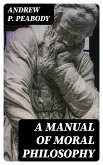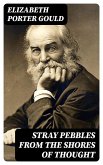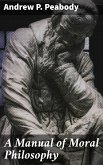In "Is Life Worth Living?", William James engages the reader in a profound exploration of existential questions central to human experience. Written in 1895, this essay captures James's trademark pragmatic philosophical style, characterized by its accessible prose and deep emotional resonance. He employs case studies, personal anecdotes, and philosophical reflections to investigate the complexities of life's meaning and the tensions between despair and purpose. As part of the broader context of late 19th-century American thought, this work reflects the emerging psychological insights and the philosophical underpinnings of pragmatism, suggesting that meaning in life is contingent upon individual experience and choice. William James, often referred to as the father of American psychology, was a forward-thinking intellectual whose life was influenced by both his diverse academic background and his struggles with depression. His interest in human consciousness and the psychology of belief is evident in this work, which resonates with his broader ideas surrounding the will to believe and the power of choice in shaping our realities. This personal and philosophical inquiry is a testament to his relentless pursuit of understanding the intricacies of human experience Recommended for both scholars and general readers, "Is Life Worth Living?" invites readers to reflect on their own lives and beliefs, encouraging an introspective journey that reassesses the values of hope and resolve amidst adversity. This timeless inquiry into the human condition remains relevant today, offering insights into our pursuit of meaning in an often chaotic world.
Dieser Download kann aus rechtlichen Gründen nur mit Rechnungsadresse in A, B, BG, CY, CZ, D, DK, EW, E, FIN, F, GR, H, IRL, I, LT, L, LR, M, NL, PL, P, R, S, SLO, SK ausgeliefert werden.
Hinweis: Dieser Artikel kann nur an eine deutsche Lieferadresse ausgeliefert werden.









